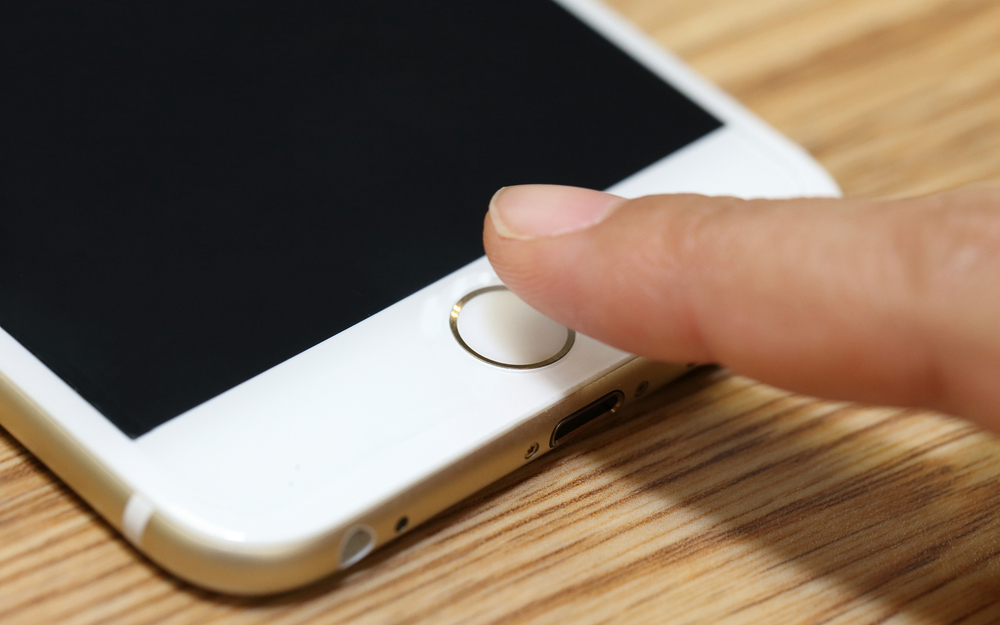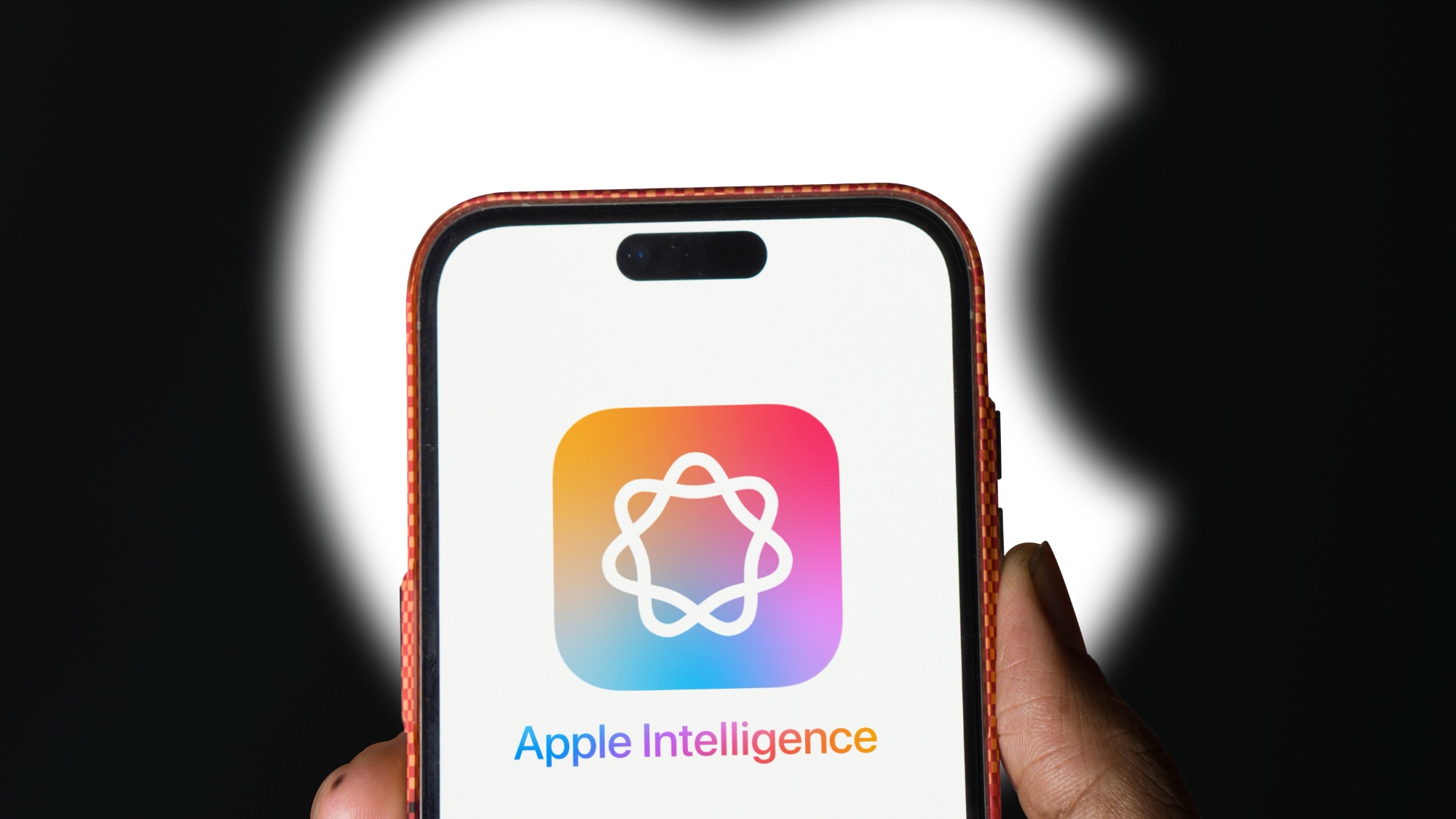Scammy iOS Apps Trick Users Out of Their Money
Two scammy fitness apps made their way onto the official Apple App Store, where they attempted to cheat users out of hundreds of dollars.
Apple has a very good track record of preventing dodgy apps from making their way onto iOS. Not only is it extremely difficult to install an app that hasn't been sanctioned by Apple, but the company also subjects apps in its official store to a fairly rigorous vetting process.

Well, usually, anyway. Two extremely unethical fitness apps recently made their way onto the official Apple App Store, where they attempted to scam users out of hundreds of dollars with the simple tap of a finger.
This information comes from a variety of Reddit threads. Eagle-eyed users discovered that the two apps, "Fitness Balance app" and "Calories Tracker app," didn't really provide any health assistance, but did employ an exceptionally dodgy tactic to scam users out of money.
Tom's Guide attempted to find the apps on the App Store, but Apple appears to have taken them down — perhaps an overdue measure, as Reddit users began reporting the apps almost a week ago.
MORE: Why iPhones Don't Need Antivirus Software
The scam itself was of a particularly nasty variety, since once users downloaded the apps, dodging the bullet would require eagle eyes and quick fingers. Both Fitness Balance and Calorie Tracker would request that users scan their fingerprint before the app provided any further assistance.
However, when a user put his or her finger in the middle of the screen, a confirmation page would splash for a split-second. This page would request $100, $120 or €140 from users — and if they had their credit card linked with their iOS account (which is almost a prerequisite for using the App Store), the transaction would go through instantly.
First things first: Since Apple has already removed both programs from the store, you don't really need to do anything to protect yourself. If you already fell for the scam, your best bet is to contact Apple Support and request a refund.
Sign up to get the BEST of Tom's Guide direct to your inbox.
Get instant access to breaking news, the hottest reviews, great deals and helpful tips.
Since tricking users into spending money violates the Terms of Service, it shouldn't be a problem to get refunded. (Interestingly, the app creator has claimed that he is aware of the issue and "working hard to fix it," but Tom's Guide has a sneaking suspicion that it's working exactly as intended.)
What's interesting about this app is that it somehow made it into the App Store in the first place. Apple has extremely tough safeguards in place to prevent this kind of issue, and scammy apps are much less common on iOS than on, say, Android.
Furthermore, the app is quite insistent on making users fall for the trick. If you fail to put your finger on the Home button when the scam screen splashes, it says that you need to press Continue to try again — and the Continue button also splashes the scam screen. It's an impressive bit of dedication to human misery.
There is some good news, though. There's no evidence that anyone actually fell for the scam, particularly since the apps had fewer than 20 reviews apiece, and all of them were extremely positive. (Positive reviews are extremely easy to fake.)
While the onus is primarily on Apple to root out scams like this in the future, users can still take proactive steps to protect themselves. First off, there's no real reason to download tiny apps from no-name developers, particularly if they do something extremely common, like offering fitness advice or calorie-tracking. Reputable apps will have hundreds, if not thousands, of reviews and developers with verifiable online presences.
Users should also be suspicious of apps with very few reviews, particularly when all of those reviews are positive. Faking positive reviews is trivial, while writing negative reviews usually requires an actual bad experience (or an incredible ax to grind with the developer).
And if you did fall for the scam, at least take solace in the fact that this was a particularly persistent one.
Marshall Honorof is a senior editor for Tom's Guide, overseeing the site's coverage of gaming hardware and software. He comes from a science writing background, having studied paleomammalogy, biological anthropology, and the history of science and technology. After hours, you can find him practicing taekwondo or doing deep dives on classic sci-fi.

